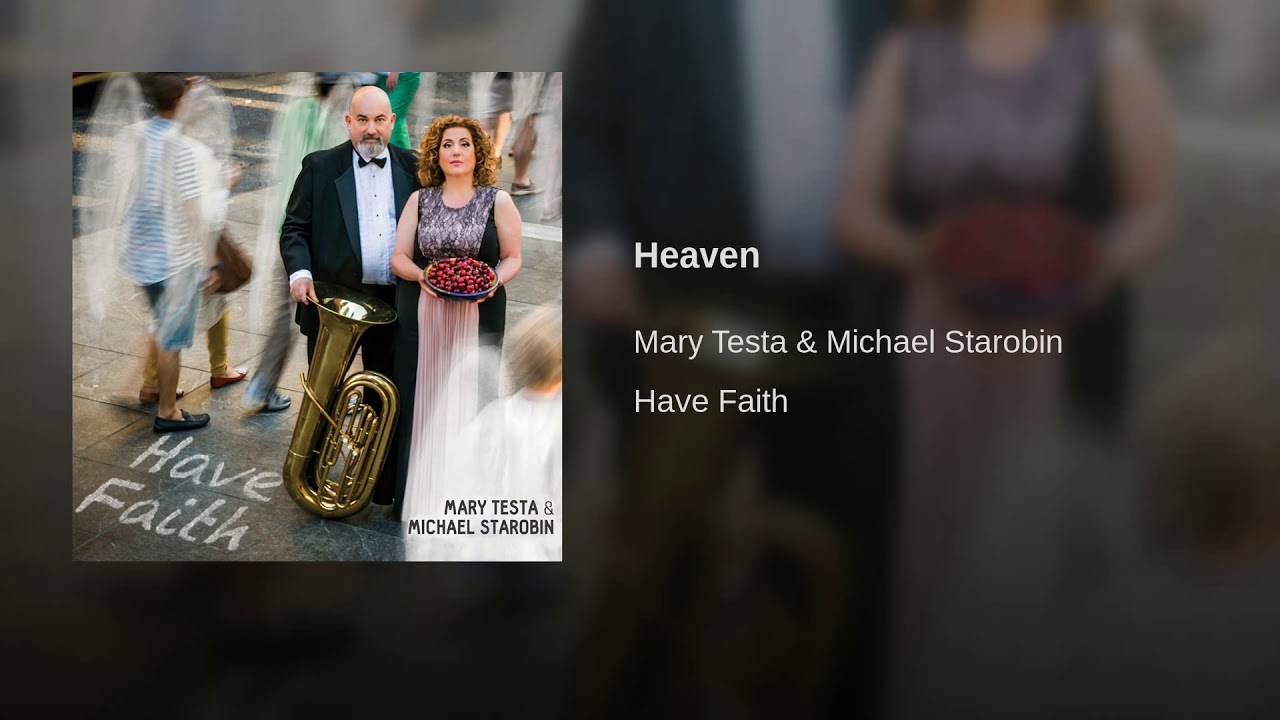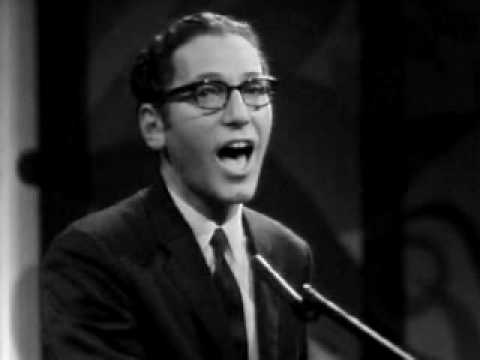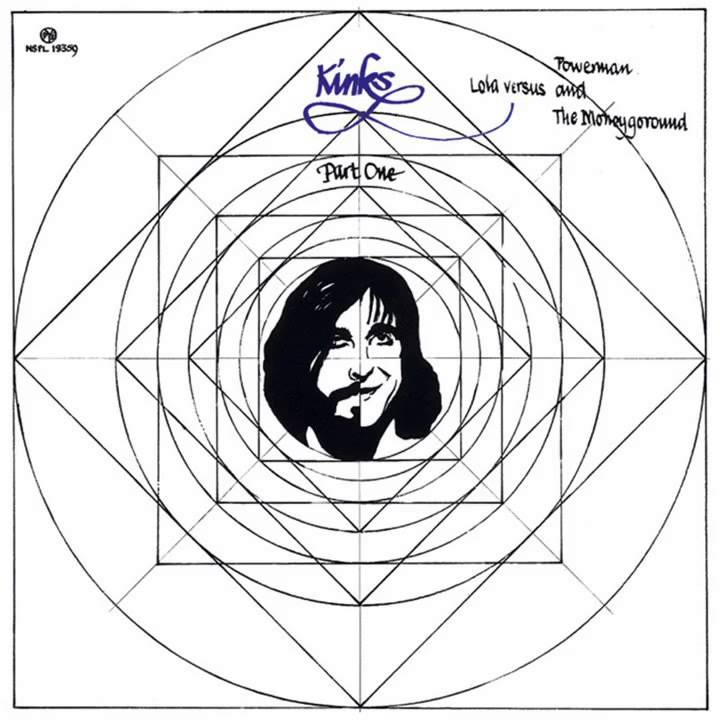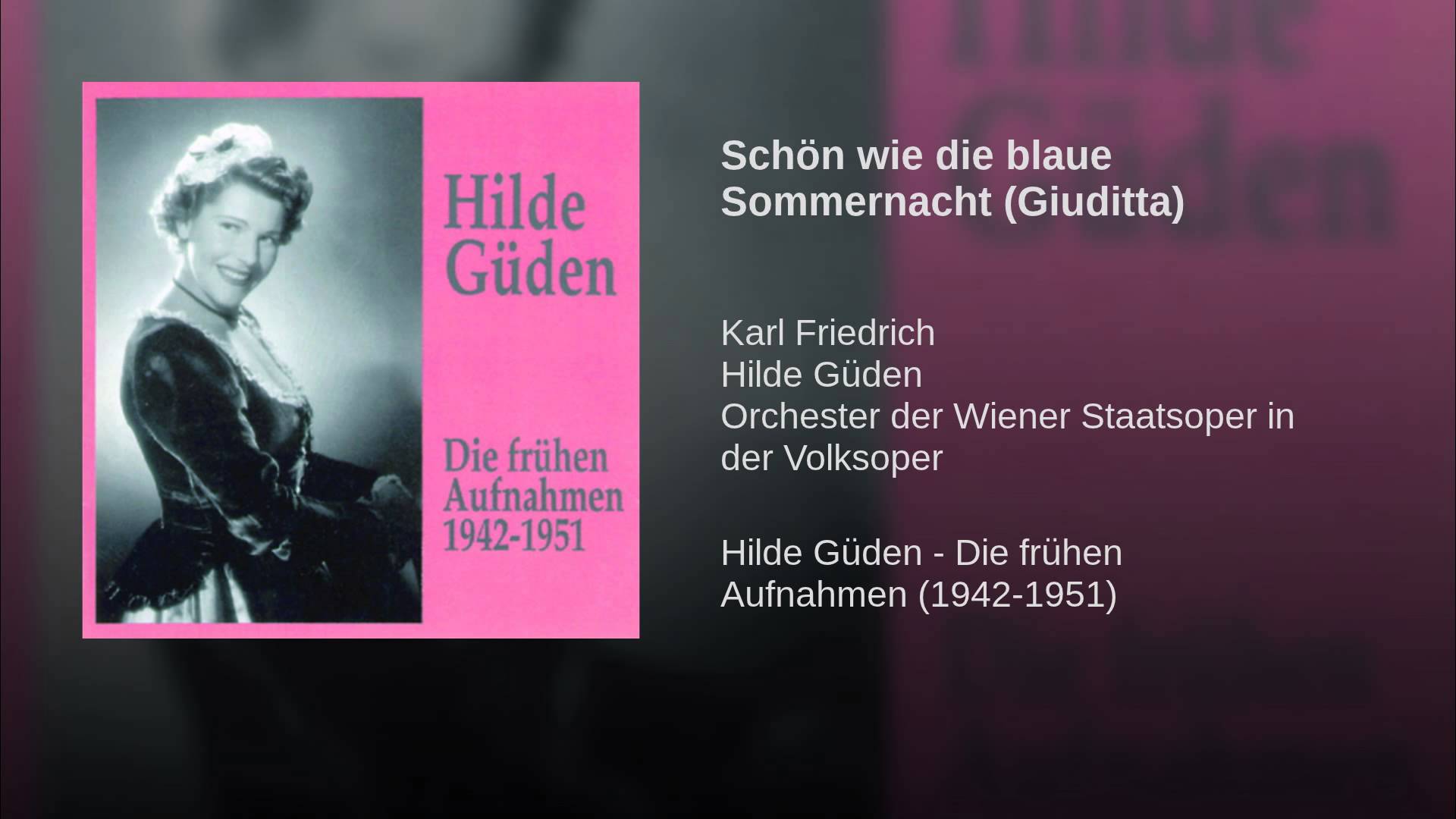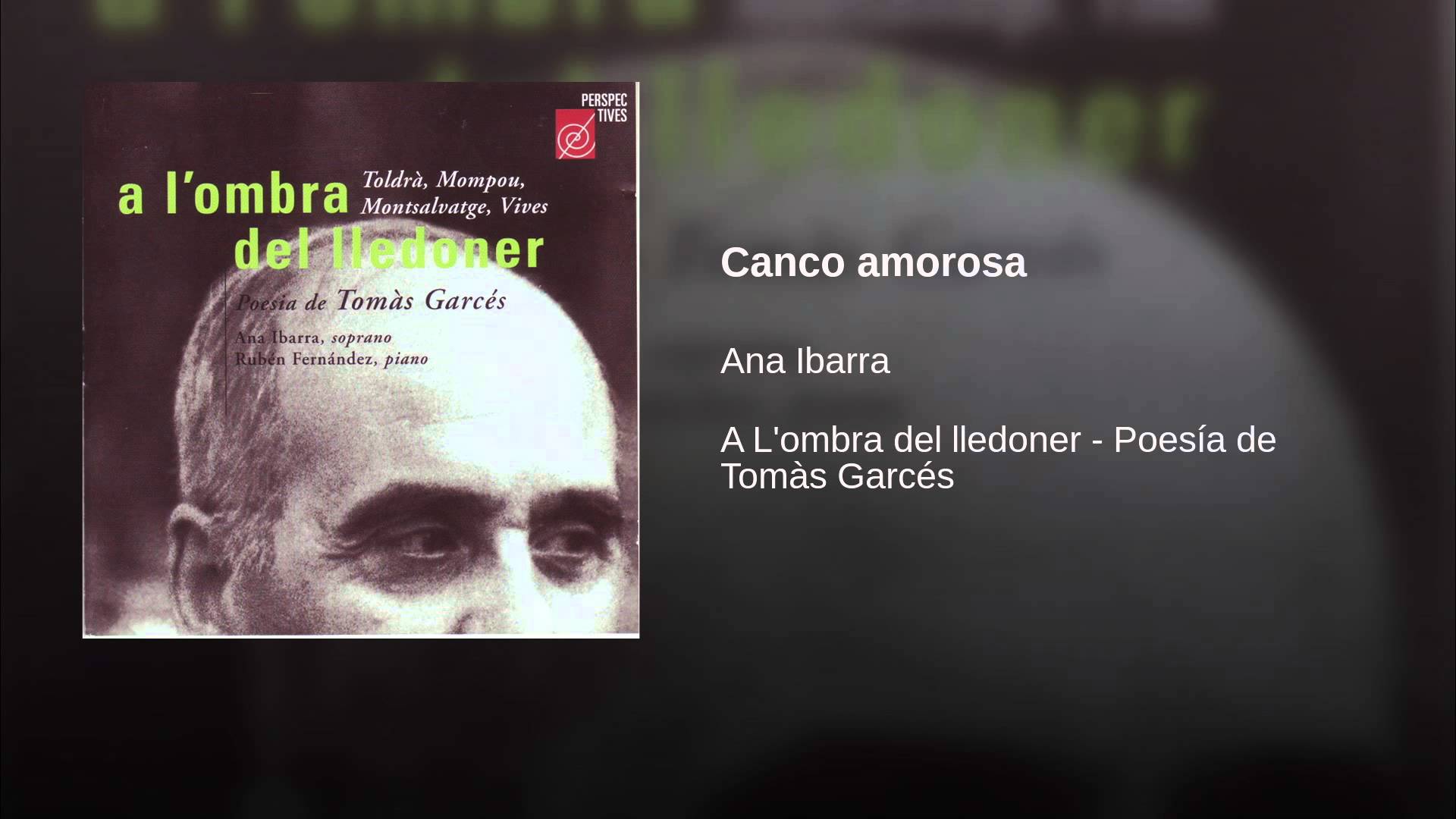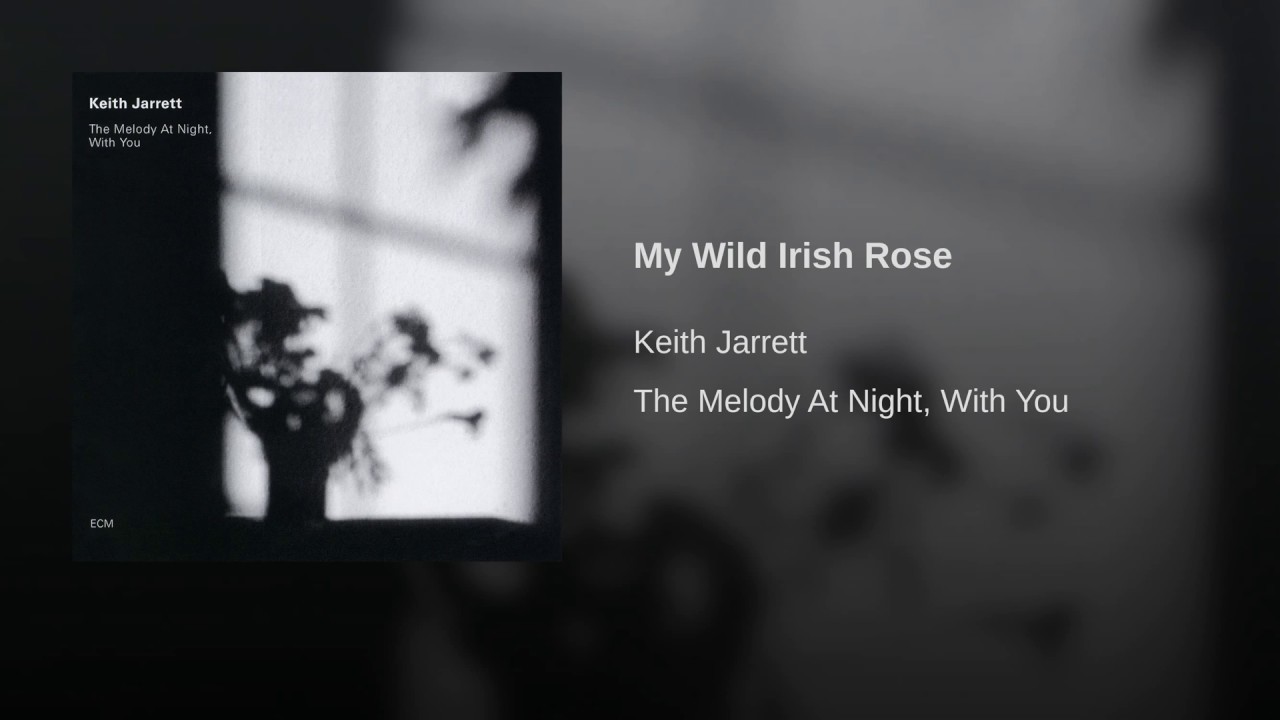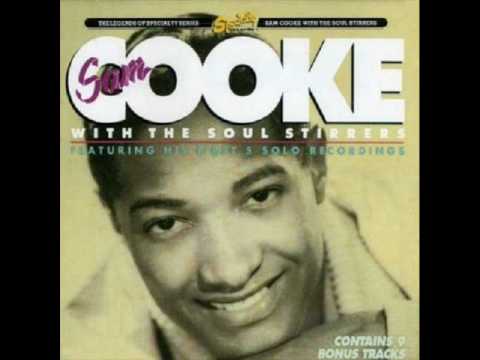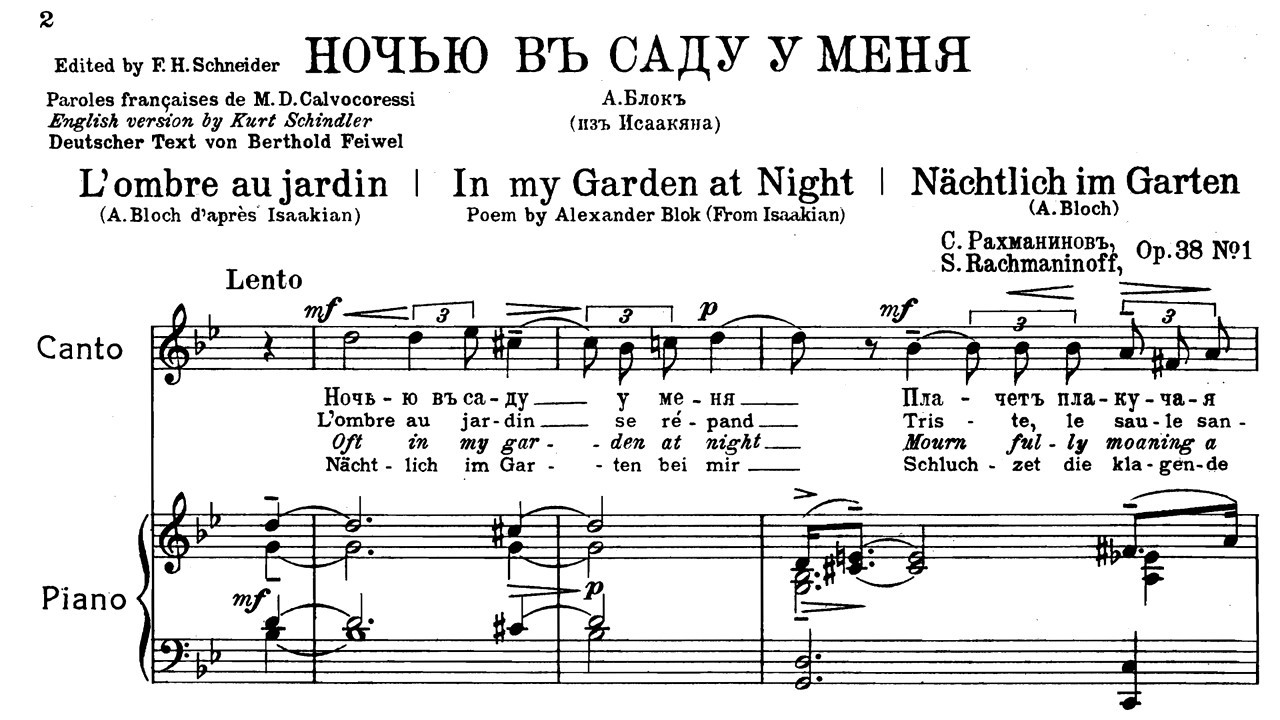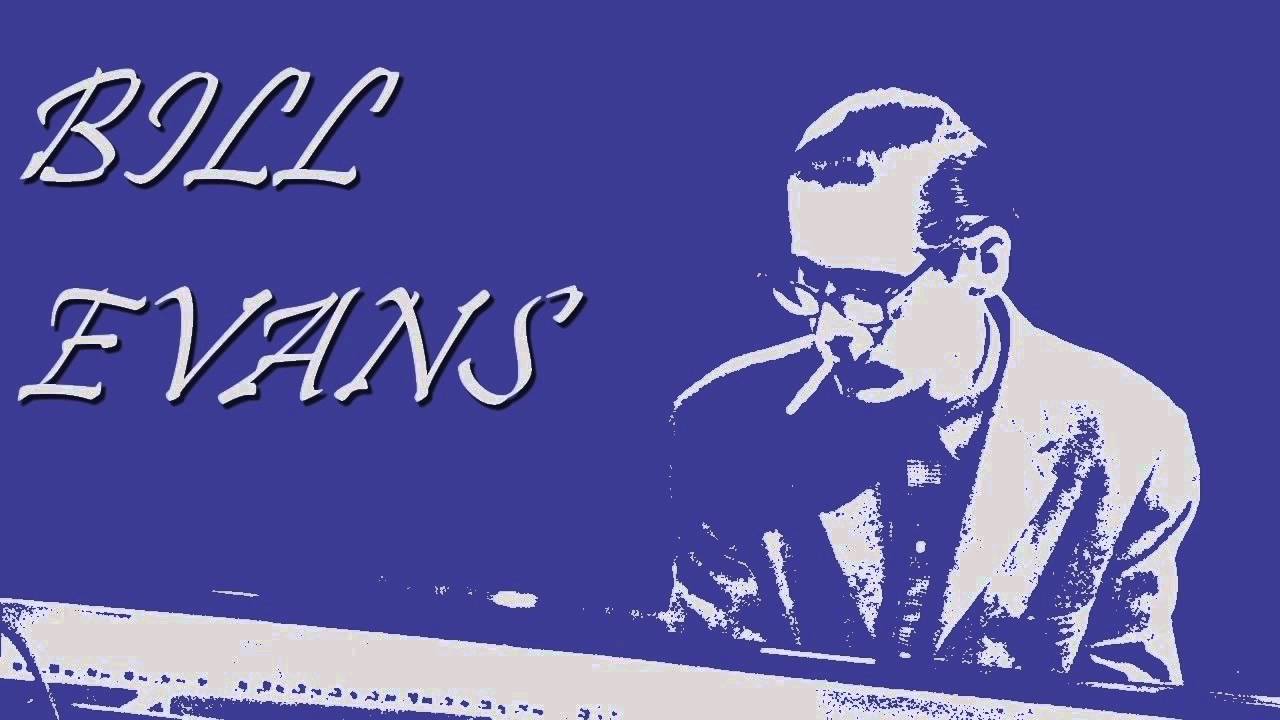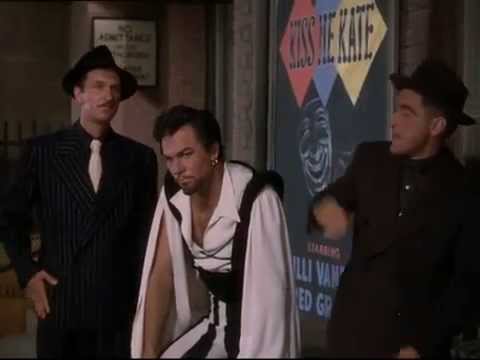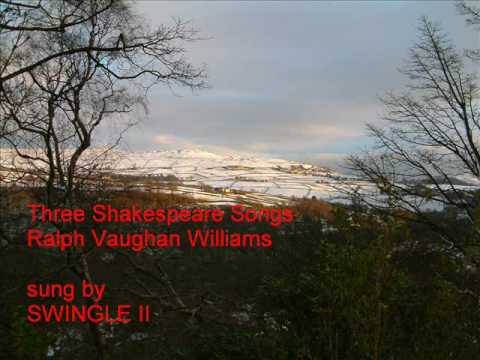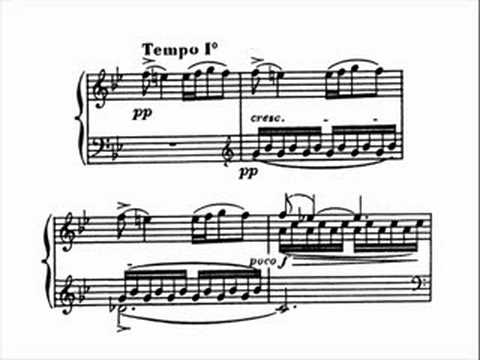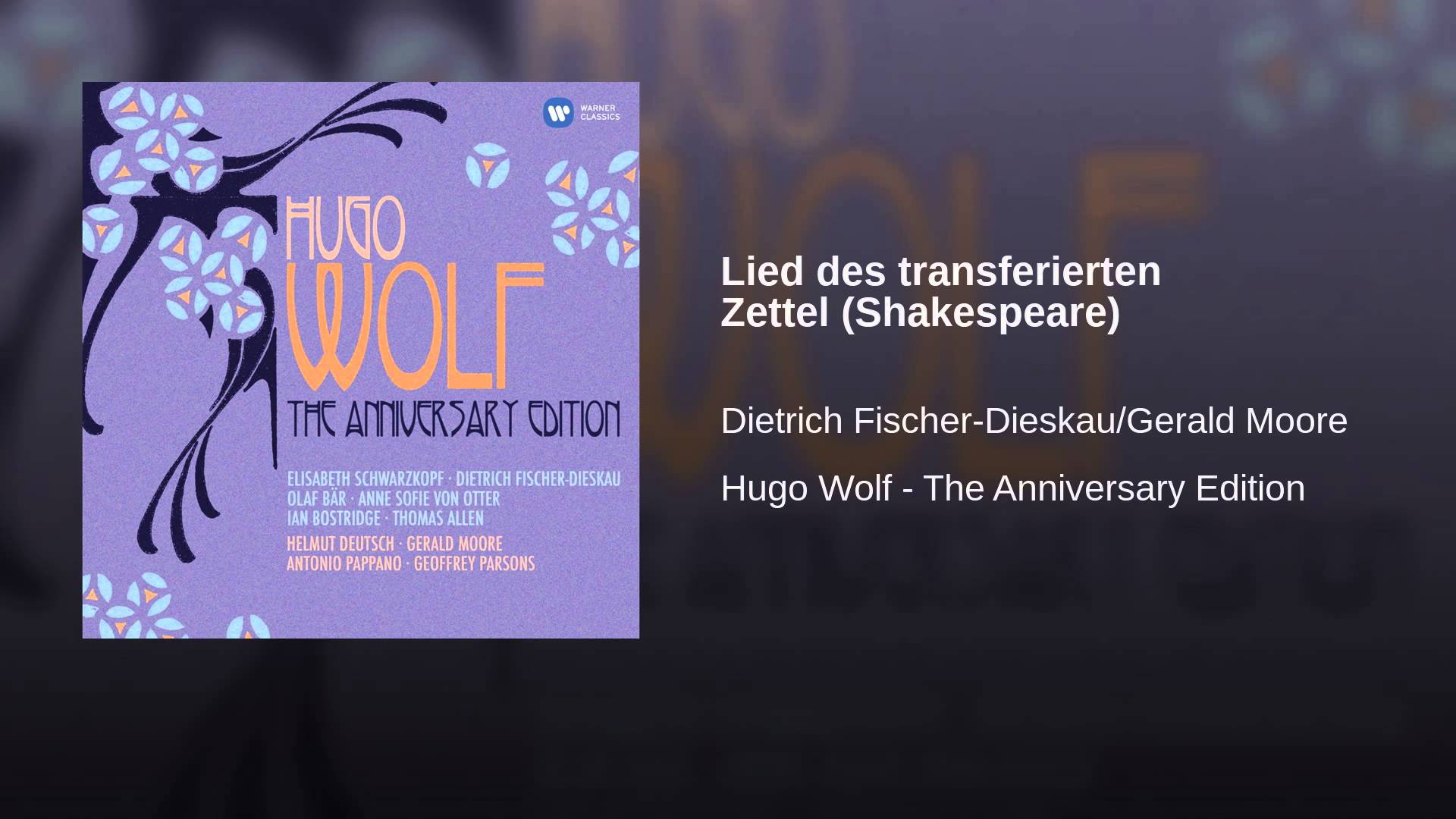Madison Leonard
Madison Leonard, one of our most recent NYFOS@Caramoor Emerging Artists has had a big year! And now she answers our questions as Artist of the Month for May 2018.
Michael John LaChiusa: Heaven
“The Art of Pleasure” ends with a section simply called “Peace.” The centerpiece is an unpublished song by Michael John LaChiusa entitled “Heaven,” which I first heard on Mary Testa’s album, Have Faith.
Tom Lehrer: Poisoning Pigeons in the Park
“The Art of Pleasure”—my Wolf Trap concert for this year—includes a section of guilty pleasures. This was at once the most fun and the most difficult group to program. How far were we willing to go? It’s not so easy to assign louche material for a group of people you don’t know. As always, I took a flying leap (the M.O. for my entire career, it seems). The first song would definitely be Tom Lehrer’s 1959 classic “Poisoning Pigeons in the Park.”
The Kinks: Lola
In the interest of empowering the cast of my Wolf Trap show “The Art of Pleasure,” I asked them to make suggestions of songs and subjects. “What pleasures beyond the obvious ones (food and sex) do you want to sing about, and what songs bring those pleasures to life for you?” I wondered what kinds of answers I’d get. At this point I knew only one of my cast members personally, and no one wants to look stupid or weird—especially not young professionals dealing with a music director they’ve never met.
Franz Lehár: Schön wie die blaue Sommernacht
The final group of songs in Act I of “The Art of Pleasure” is simply called “Romance,” and that gave me an opportunity to program the steamy duet “Schön wie die blaue Sommernacht” from Lehár’s Giuditta.
When it comes to high-calorie, high-fat romance, there’s no one quite like Viennese operetta icon Franz Lehár. His stage-works create a world of unmarried blonde women, tenors whose lasciviousness skirts the overtly creepy, and a passel of supporting players who are usually less wealthy and less Viennese.
Xavier Montsalvatge: Cançó amorosa
I am at Wolf Trap this week working on a program called “The Art of Pleasure.” Why? Well, for the past eighteen months, I have been assaulted every morning by news of cruelty, greed, shortsightedness, and mendacity unlike anything I can remember. I know others also sense that the world is caving in—how is this being allowed to happen? So I thought: we need to take a moment to meditate on things that give pleasure. It will give us strength.
Keith Jarrett: My Wild Irish Rose
The first time I listened to Keith Jarrett’s album The Melody at Night, With You marked probably the most significant point in my development, not just as a jazz musician, pianist, or even artist, but as a human being. I don’t think it made me “better” at any of those things, but I know without a doubt the experience turned my world upside-down. The album stands on top of my list of “desert island” items for a multitude of reasons, some too personal to share without you buying me a whiskey (or two) first.
Sam Cooke and the Soul Stirrers: Peace in the Valley
Sam Cooke and the Soul Stirrers is a bit of a misnomer for this first song on the album, which should probably fall under the heading of “Paul Foster and the Soul Stirrers.” It’s not that Sam Cooke doesn’t bring his trademark irreplaceable quality to the song, it’s just that Paul Foster’s unvarnished sound wrenches your soul into glorious hope in a way no one could except for Paul Foster.
Sergei Rachmaninoff: Son
‘Son’ can be translated as either “sleep” or “dream” in Russian – in this poem by Feodor Sologub, the former seems not only evident but sensually and powerfully personified. I have included this song, not just because it happens to be one of my favorites, but also because we’ll be featuring it among many things on The Art of Pleasure, Steve’s collaboration with me and four Wolf Trap singers happening at the Barns at Wolf Trap on May 31 and June 1.
Melody Gardot: Baby I’m a Fool
My dear friend and colleague Kelley Kimball introduced me to the music and artistry of Melody Gardot back in 2015, and her music became a friend to me at a time I needed it the most.
Bill Evans plays ‘Danny Boy’
I share the notion with many of you that time is money, but the 11-minute price tag on this song seems like nothing if you’re willing to sit with him as he musically figures out how to breathe again. The space, sparseness, and tender hesitation of every note he plays in the beginning unravel the knots of my heart every time, and in doing so, remind me of why I do what I do.
Cole Porter: Brush Up Your Shakespeare
We close our week of music inspired by Shakespeare with some advice from Cole Porter. Used in combination with a soft shoe number, it’s virtually guaranteed to help you secure a date for our next concert!
Ralph Vaughan Williams: Three Shakespeare Songs
Wow, there are a lot of things on youtube when you search for Shakespeare! Lots of chaff and some interesting wheat, like this dreamy recording from 1977 of Three Shakespeare Songs (“Full Fathom Five”, “The Cloud-capp’d Towers”, and “Over Hill Over Dale”) by Ralph Vaughan Williams, sung by the vocal ensemble Swingle II.
Hector Berlioz: La mort d’Ophélie
Today’s Shakespeare song moves a bit further from his actual words, with an adaptation of this famous scene from Hamlet. Hector Berlioz sets Ernest-Wilfrid Legouvé’s text depicting the death of Ophelia, here performed by Anne Sofie von Otter with Cord Garben at the piano.
Hugo Wolf: Lied des transferierten Zettel
Of course, English-speakers were not the only ones inspired to set Shakespeare’s words. Composers around the world worked with his lyrics in their native tongues, and we’ll be featuring some ‘Lyrics by Shakespeare’ in Russian and French in our August concert. Today, however, let’s try German.


